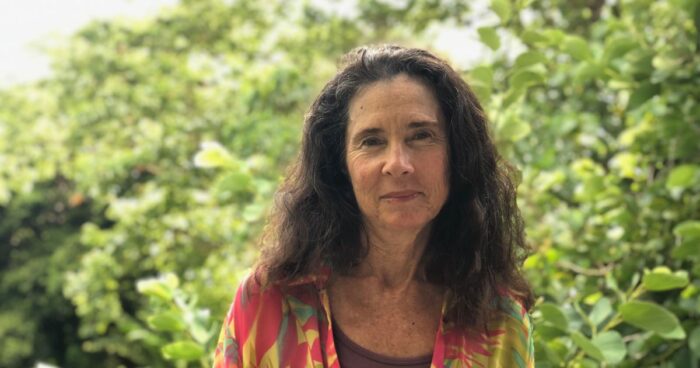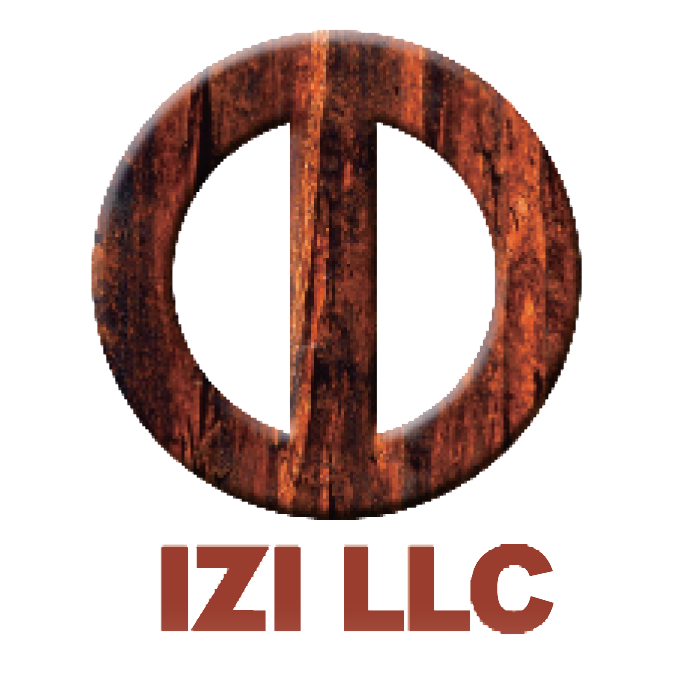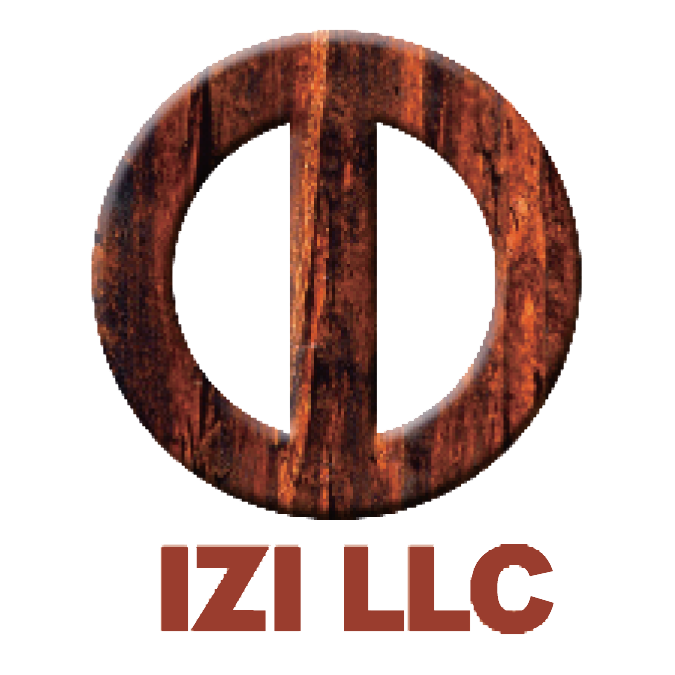This is an interview article with KR. KR’s responses are highlighted in light blue.
What Does “I Don’t Know” Mean?
── How should one approach “I don’t know”?
Ho’oponopono means “make right, to rectify an error,” and at its core is “knowing oneself.” A key part of this process is adopting the stance of “I don’t know.” For instance, when faced with a decision or a choice, or when something unsettling happens, we reflect inwardly. It’s important to recognize when we are analyzing too much with our minds, being overwhelmed by emotions, or clinging to a desire and thinking, “This is the right answer!” By acknowledging that we are “pretending to know,” we decide to let go. Then, we clean the various thoughts and emotions that we hold within. As we do this, the memories causing the problem are gathered, leading us to our “true selves” from a divine perspective.
── “Knowing oneself” always brings profound insights. By reflecting inwardly to understand our state and asking, “Please bring me back to my true state through cleaning,” we are in a humble state of surrender, saying “I don’t know.”
Who am I?
When we talk about “What is the self?” we often return to the words of Morrnah, who founded SITH Ho’oponopono.
“If we can accept that we are the sum total of all past thoughts, emotions, words, deeds and actions and that our present lives and choices are colored or shaded by this memory bank of the past, then we begin to see how a process of correcting or setting aright can change our lives, our families and our society.”
(Morrnah Nalamaku Simeona)
From this, you may feel a deeper understanding. Only when you stand in the place of “I am living my life” will you begin to realize that “there is nothing outside.” Since both the cause and the answer to problems lie within, you may come to understand that “not knowing” is actually the most correct situation.
── So, the “self” interprets things influenced by memories accumulated since the birth of this world up to today.
Exactly. It’s about correcting the state in which we judge through the accumulation of memories built up by family, relatives, and ancestors. For example, even the fact that you “love blue” is something you’re trapped in due to past memories, so we need to clean with that. We also need to clean with the state of being overwhelmed by emotions. Or, when we are fixated on someone’s words or actions, thinking “That person is bad,” or justifying ourselves by saying, “There’s evidence,” we should remember that the problem is not outside. Regardless of what others say or do, you are simply reacting based on past memories. So, you should reflect inwardly, asking, “What within me is causing such a reaction?” Then, you’ll start to see the right things, beyond what is immediately apparent.
Cleaning in Advance, Like Wiping Mud Off a Windshield
── Please tell us more about cleaning “in advance,” not just thoughts and emotions lingering from the past. For example, reading “I am the I” at the start of the day?
I highly recommend cleaning beforehand, no matter what you’re doing. We live “in the moment,” but imagining that the unknown world and paths are opening up, cleaning in advance is like wiping the mud off a windshield with a wiper. If it’s dirty, you can’t see ahead, which makes you more prone to accidents. You could say that cleaning is like that wiper. Upon waking up, whether you are meeting your family or going to work, you should reflect inwardly on things like “What emotions am I feeling right now?” or “What goals do I need to achieve at work?” and then clean yourself. It’s good to do it lightly, so please try it.
── So, even during work, before picking up the phone when it rings, it’s good to clean quickly!
Exactly. Let me give a concrete example in the context of work. I am in the real estate business, so I sometimes handle foreclosure properties. In the U.S., there’s only one chance per property at an auction. So, before I even turn on the computer, I clean. I reflect inwardly; if there’s an emotion like “I don’t want to miss this,” I clean that, and I also clean the property’s address and other information. Then, no matter what happens on the way, I leave my house two hours before the auction begins and walk to the destination, asking myself, “Am I aligned with the divine purpose?” and cleaning.
Through this story, I want to convey something important: “Cleaning in advance doesn’t mean you just wait and do nothing or simply jump in.” It means you take practical actions to prepare yourself, and balance is essential. And after purchasing the property, I clean even the joy of that moment and include any issues that arise later in my daily cleaning. To put it more simply, you can clean the time and place you decided to meet someone when you make an appointment.
Cleaning Toward a Correct Relationship for Both Parties
── Cleaning in advance also means cleaning the relationships with the people involved, right?
Everything has its identity—people, houses, plants, even time and space. We respect that and clean toward a “correct relationship” for both parties. We especially want to clean with important people, and even more so when we think, “Things are tough right now, and my family can wait.” At the ranch I take care of in Hawaii, there’s a horse named “Surprise.” I don’t know what kind of horse “Surprise” is, what it wants, or what the right thing is for it. That’s precisely why I want to be in the perfect, correct position for “Surprise.” Any judgment like “This must be the right thing to do” is based on my memory. Being in front of “Surprise” means I am given a place to clean this relationship, so I make sure not to miss the opportunity to clean.



